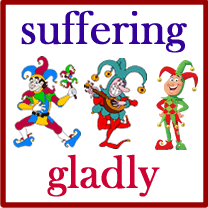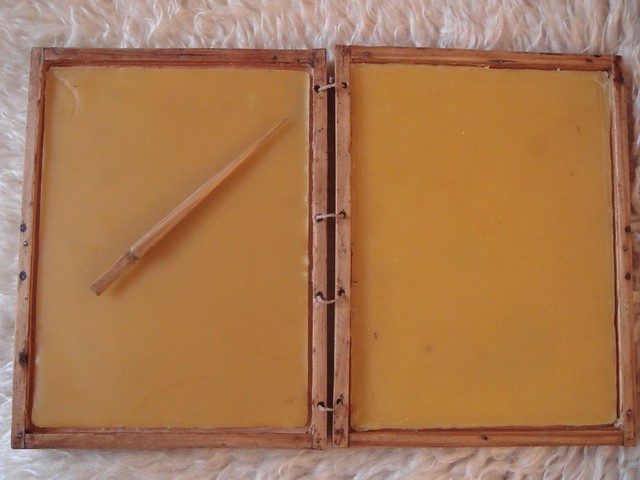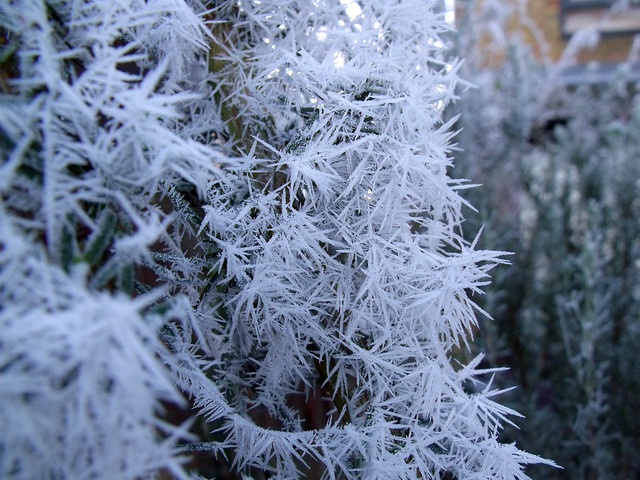
In Danish, one way to say that you like something or someone involves suffering: jeg kan godt lide, or literally “I can good/well suffer”. The negative version is jeg kan ikke lide (“I cannot suffer”).
Here are some examples (from bab.la):
- Alle kan godt lide den = Everyone is in favour
- Jeg kan godt lide grønærter = I love green peas
- Jeg kan ikke lide fodbold = I don’t like football
- Jeg kan ikke lide at gentage mig selv = I don’t like repeating myself
The English expression I do not suffer fools gladly has a similar structure. A version of this phrase first appeared in the Bible as, “For ye suffer fools gladly, seeing ye yourselves are wise.” (2 Corinthians 11:19 – KJV). It is usually used in the negative these days though [source].
Another way to say you like something in Danish is to say that you think about it. For example, jeg synes om sprog = I like languages (“I think about languages”). As well as to like, synes om also means to love or appreciate [source], and synes means to think (about), seem or reflect on [source].
In English you might say that you think well of someone or something, although this might sound a bit old fashioned.
Similarly in Swedish, saying that you think about something/someone – tycka om, means that you like, enjoy, appreciate, get off on, relish or are fond of it/them [source]. If you really like or love something or someone, you could say that you think much about them, or tycka mycket om.
Here are some examples (from bab.la):
- Jag kanske börjar tycka om arkeologi = Maybe I’m just really beginning to enjoy archeology
- Barn som lär sig att tycka om frukt i skolan kommer att fortsätta att äta frukt som vuxna = Children who learn to like fruit at school will carry on eating fruit into adulthood
- Jag tycker inte om dig = I dont like you
Another way to say you like something/someone in Swedish is gilla, which means to like, approve, favour, go for, hold with or be fond of [source]. For example, han gillar choklad – he likes chocolate.
In Spanish the most common way to say you like something is to use the verb gustar (to be pleasing, to taste), e.g. me gusta el té = I like tea, or literally “(to) me pleasing the tea” [source]. You could say in English that something is to your taste, or if you don’t like it, it’s not your cup of tea.
Here’s an audio version of this post.
(Danish, Swedish and Spanish audio by TTSMP3.com)
What other interesting ways are there to say you like or don’t like things?










